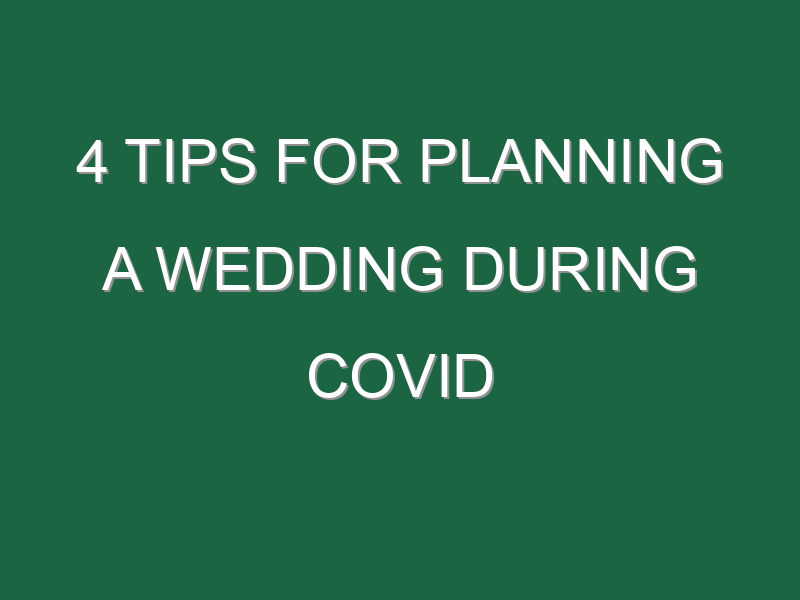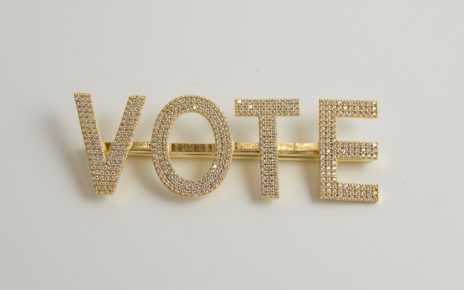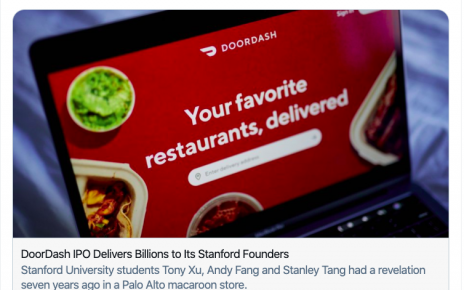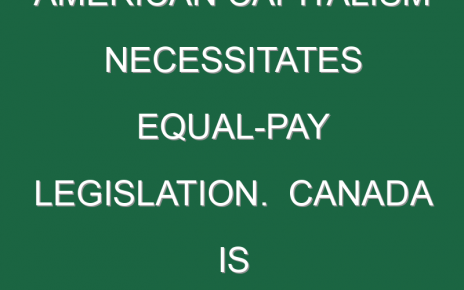In the first round of COVID wedding drama, couples had unwittingly planned their nuptials during what would become a pandemic, in which large, indoor gatherings had the strong likelihood of spreading a fatal disease. Many downsized or rescheduled, sometimes for months or a year later. In the early months of the coronavirus pandemic, no one thought we’d still be working from home and wearing masks a year later. Later in 2020 or 2021 seemed safe. Yet, with vaccinations rolling out far too slowly and cases and deaths continuing to rise dramatically, it’s hard to know exactly when the U.S. will put this phase behind us.
But a virus can’t stop love. Enter phase 2: As new couples get engaged—and as rescheduled weddings now face constraints similar to those from six months ago—it’s tricky to figure out the right move. Do you elope? Do you host a small gathering? Do you wait for everyone to be vaccinated? Is it responsible to take a honeymoon? Couples are now facing options that look nothing like their Pinterest boards. Vendors, such as venues, DJs, caterers, and florists, have evolved their practices, too. Today’s contracts almost always include language about cancellations and rescheduling, and sometimes it’s COVID specific.
How do I know? I’m one of them. My partner and I got engaged in November, and we’ve been wading through a wedding planning process unlike what our friends experienced in years prior. I don’t have everything figured out, but I’ve come away with four main nuggets of advice.
Read the contracts. This is good advice all the time, but it is especially important while planning a wedding during a pandemic. You’ll want to know what the cancellation and rescheduling policy is, when you have to make the decision, and whether your deposit will transfer over to the new date. Also ask if there are restrictions on the new date; some vendors let you reschedule only if it’s within a year.
One of the reasons we signed a contract with our venue was its flexibility with what a rescheduled event could look like. We have the ability to apply our deposit to any future event, whether that’s a 12-person brunch or an 80-person dinner. Not being locked into the original plan allows us to do what feels right in the moment.
This is also why I’m aiming to minimize the number of vendors we’re working with. For example, I looked for a service that did both hair and makeup (I went with Glamsquad). If there’s a likelihood you’ll be rescheduling, limit the number of calls you have to make and schedules you have to coordinate.
Understand what communication patterns to expect. Many wedding vendors, like hotel block coordinators, have been hit hard by the pandemic and may be working limited hours. The event coordinators at our venue are down to 20 hours per week. It’s a good idea to ask what response times you can expect so you limit frustration down the line.
And get ready to put that Zoom experience to work. None of my vendors are taking in-person meetings right now. I’ve never seen the patio where we’re set to host our happy hour the night before. We chose our centerpiece flowers through a process of sending photos back and forth. I did my first dress fitting via FaceTime, in which the seamstress gave recommendations for what needed to be done in a few months. It’s not perfect, but it will all be fine.
Devise an objective COVID plan. We knew we didn’t want to put people in the position of deciding between their physical safety and their fear of missing out. We will only host our wedding if every guest who is medically cleared has easy access to a vaccine and is vaccinated by the time of the nuptials—which looked a lot more promising when we signed the contracts than it does now. Plus, we would need New York City to loosen its travel restrictions for guests coming in from out of state.
This plan allows for no gray area. I don’t have to rely on my gut feeling about whether my decision is endangering the most important people in my life. It will be a hard call to make no matter what, but knowing that the situation will clearly either meet the guidelines or it won’t makes it a bit easier.
Fall in love with your backup plan. There have been a variety of COVID-friendly wedding iterations, and we’re going the route of a popular one: We’ll have a small ceremony on the original date with a larger party in 2022, likely the weekend of our first anniversary. The “small party,” as I’ve been calling it, will bring together 12 New York City–based friends for an outdoor ceremony and dinner party where I wear a fancy dress. There are some perks to a small wedding, and it’s been fun to focus on those instead of only seeing it as a disappointment: We’ll get an ice cream cake from our favorite local shop, and we’re splurging on a nice hotel to stay in after. There’s also some personalized details that I’m able to pull off with a party of 12 versus 84, our original wedding size.
More must-read lifestyle and entertainment coverage from Fortune:
- What we are looking forward to in 2021
- Can former Cisco CTO Padmasree Warrior build a better social network for book lovers?
- Are movie theaters dead? Certainly not in China
- The period-care startup nixing the stigmas and taboos around menstruation
- Marie Kondo is back with a new collaboration to keep you organized while staying at home





